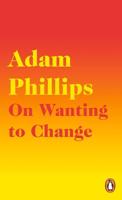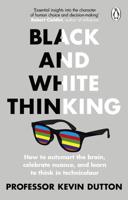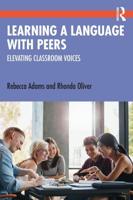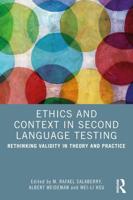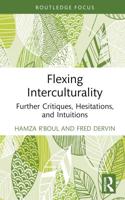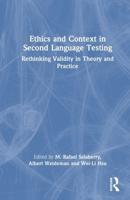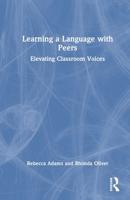Publisher's Synopsis
A general introduction to the area of theoretical linguistics known as cognitive linguistics, this textbook provides up-to-date coverage of all areas of the field, including recent developments within cognitive semantics (such as Primary Metaphor Theory, Conceptual Blending Theory, and Principled Polysemy), and cognitive approaches to grammar (such as Radical Construction Grammar and Embodied Construction Grammar). The authors offer clear, critical evaluations of competing formal approaches within theoretical linguistics. For example, cognitive linguistics is compared to Generative Grammar and Relevance Theory. In the selection of material and in the presentations, the authors have aimed for a balanced perspective.Part II, Cognitive Semantics, and Part III, Cognitive Approaches to Grammar, have been created to be read independently. The authors have kept in mind that different instructors and readers will need to use the book in different ways tailored to their own goals. The coverage is suitable for a number of courses.While all topics are presented in terms accessible to both undergraduate and graduate students of linguistics, cognitive linguistics, psycholinguistics, cognitive science, and modern languages, this work is sufficiently comprehensive and detailed to serve as a reference work for scholars who wish to gain a better understanding of cognitive linguistics.


